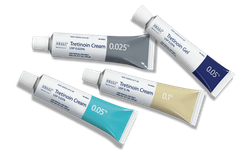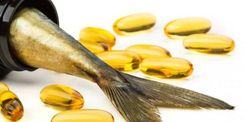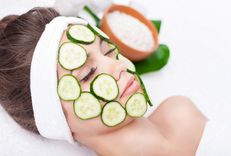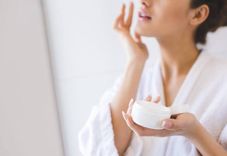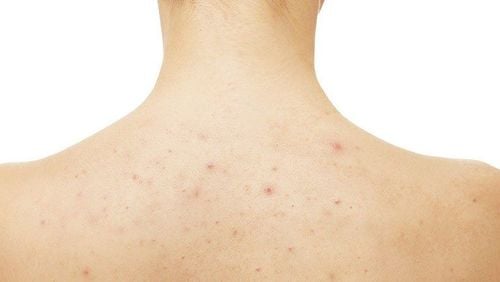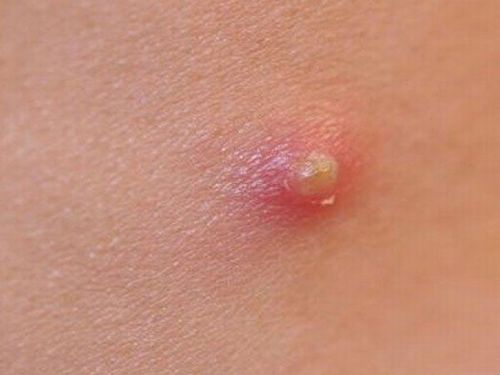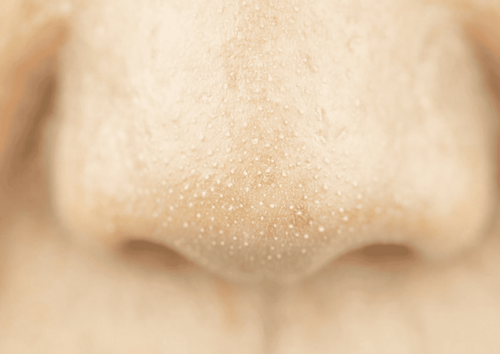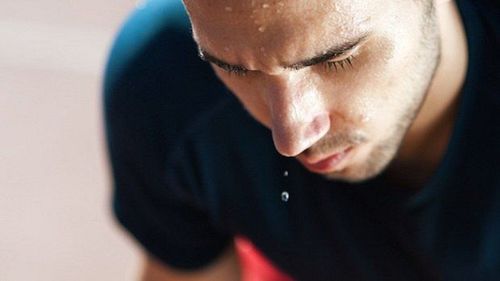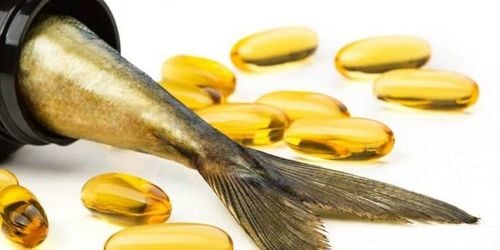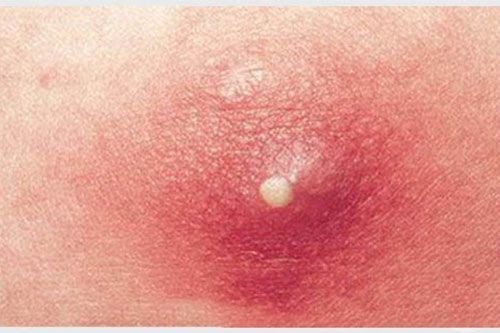Buttock pimples are a fairly common condition, causing much discomfort and inconvenience, but not everyone seeks early treatment. Over time, the condition can worsen, with dangerous complications.
1. Causes of pimples on the buttocks
The buttocks are a covered area of skin that is tight against the body. When sweat remains, dead cells and dirt accumulate, clogging pores and leading to pimple development. Tight clothing can also rub and damage the skin, forming boils.
Other causes include:
* Skin diseases: Folliculitis, keratosis pilaris (small, rough nodules), and skin abscesses (large, painful, clustered boils) can cause pimples. Folliculitis, the most common cause, involves irritated, red, swollen pores, sometimes with a whitehead and pain or itching. It can occur anywhere on the body and is often caused by clothing friction, especially from nylon or polyester fabrics that trap sweat.
* Hormonal changes: Women are more susceptible due to hormonal fluctuations during menstruation or pregnancy. The thicker skin in the buttock area makes the oil glands more active when hormones change, leading to clogged pores and acne.
* Diet: Spicy, hot, and preservative-rich foods can reduce liver function, impairing toxin elimination. High sugar, starch, or milk intake also increases the risk.
* Poor hygiene: Wearing wet or sweaty clothes or infrequent underwear changes can block pores with dirt and sweat, causing pimples.
* Hair removal/shaving: Improper techniques damage the skin, causing inflammation and pimples.
* Pressure: Prolonged sitting puts pressure on the buttocks, contributing to pimples.
* Genetics: A family history of buttock pimples increases the risk.
Stress easily causes bodily dysfunction, including insomnia, and can easily cause acne anywhere, including the buttocks. A new buttock pimple resembles acne, often with a whitehead. If hit hard, it may burst, causing redness, pus, and itching, burning, and discomfort. Untreated, it hardens, darkens, becomes painful, and unsightly.
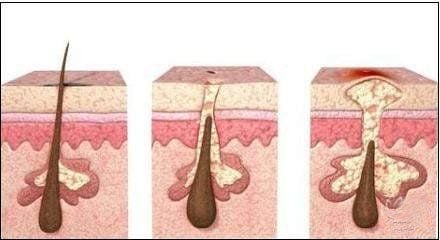
2. How to treat pimples on the buttocks
Sitting a lot can worsen buttock pimples, causing them to fester and swell painfully. Self-treating at home is dangerous and may cause infection or bleeding. Swollen, painful boils require medical attention for diagnosis and treatment.
If a buttock pimple is red, swollen, but not very painful, or if immediate medical incision is impossible, some home remedies can be used temporarily (while awaiting medical treatment):
Apply 3–5% iodine alcohol after cleaning the area; limit sitting on hard surfaces; avoid touching the pimple; if a pustule bursts, gently squeeze it out and apply antibiotics. However, medical examination and antibiotic prescription are best. For less severe boils, appropriate treatment can speed healing and prevent complications. Doctors may recommend antiseptics such as Betadine, 1% rivanol or 1% silver nitrate solution, 3% iodine alcohol, physiological saline, Fucidin, eosin, or acne products containing salicylic acid or benzoyl peroxide. Consult a doctor before use to avoid side effects. Even mild acne may require oral antibiotics, along with vitamins B and C. Never self-medicate with antibiotics to avoid resistance.
Note: For pus-filled, swollen, painful, intensely itchy, or calloused pimples, avoid home remedies to prevent complications.
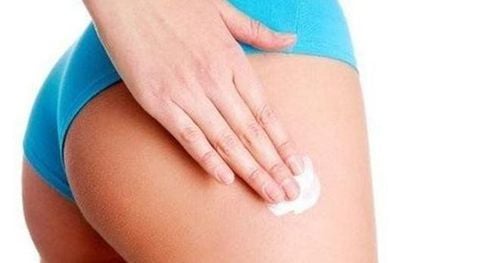
3. Preventing Butt Pimples
- Shower immediately after exercise: After exercising for about 20–30 minutes, shower to remove sweat, excess oil, and dirt from the skin.Bathing also helps open pores and limit acne.
- Wearing sweaty workout clothes increases the risk of pimples on the buttocks; therefore, changing into dry clothes is preferable.
- Moisturize the buttocks: If worried about lotions clogging pores, use skincare products with lactic acid. This acid hydrates the skin and removes dead skin cells. Sufficiently moisturized skin prevents clogged hair follicles and reduces the risk of pimples.
- Exfoliate dead skin cells: Exfoliation is important for treating acne. Use exfoliating products containing glycolic acid to keep pores open.
- Wear suitable clothing: Prioritize cotton underwear to allow the skin to breathe and avoid tight clothing to reduce skin friction.
- Be gentle on the skin: Harsh scrubbing or exfoliation can aggravate folliculitis and increase breakouts. Be gentle when scrubbing the sensitive buttock skin and choose a gentle exfoliating product.
- Avoid acne-causing foods: Limit foods high in fat, sugar, or spice.Maintain a healthy diet with plenty of green vegetables and fruits, and engage in regular physical activity.
To arrange an appointment, please call HOTLINE or make your reservation directly HERE. You may also download the MyVinmec app to schedule appointments faster and manage your reservations more conveniently.
